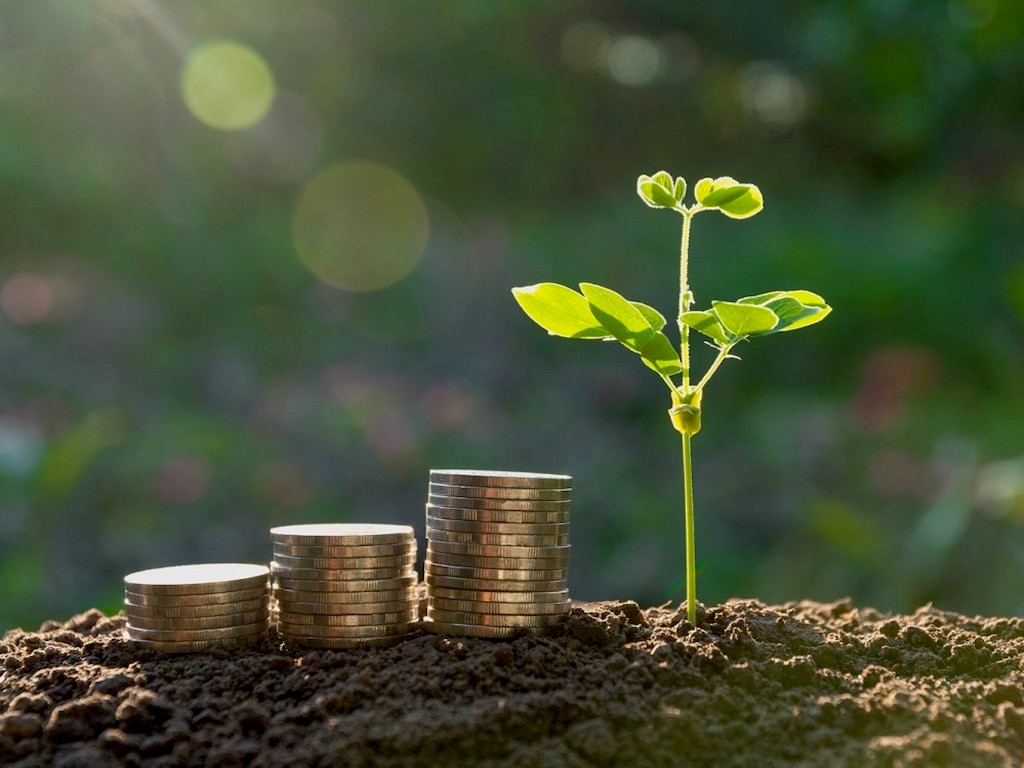4 Mins Read
The amount of money moving into environmental funds last year broke records, according to Illinois-based financial services firm Morningstar. The data shows that sustainable funds, which invest based on environmental, social or governance themes, pulled in US$20.6 billion in new money in 2019, which is quadruple the sum achieved in the previous year. This trend, which marks a shift away from the conventional culture of investment characterised by a monetary gains mindset, is due to increased availability that is driving down costs and growth in investor interest – all of which is underpinned by the uptick in general awareness about our impact on the planet.
In a new report by financial services corporation Morningstar, investors are now shovelling money into sustainable funds in record amounts. In 2019, mutual funds and exchange-traded funds (ETFs) that focused on environmental sustainability, also known as impact or Environmental Social Governance (ESG) funds, attracted a record-breaking US$20.6 billion in new total assets. This figure stands at almost 4 times as much as the US$5.5 billion that the sector raked in over 2018, which was the previous record.
Commenting on the trend in impact investment, John Hale, the head of sustainability research at Morningstar said to CNBC: “It really blew past that record. This was quite a big surge.”
Impact investment refers to investments made into companies, organisations and funds that seek to generate a measurable positive social or environmental impact – on top of financial returns. Managers who oversee sustainable funds usually invest based on either an individual ESG factor or a combination of the three. Some of these strategies could include avoiding investments in fossil fuel firms and non-renewable energy sources, an industry responsible for massive amounts of carbon emissions that drive our climate emergency, and funnelling money into companies who have boards that have paid attention to climate risk.
“I think there are big things happening in the world and economy today that align with this level of interest. Climate change, for example, is a big issue that’s of increasing concern for more and more people,” Hale elaborated.
Part of what can explain the uptick in impact investment is the growing availability and numbers of impact funds, which ultimately drives down costs for investors looking to create a positive impact in addition to financial returns. Currently, there are around 300 mutual funds and ETFs with a focus on sustainability in the United States, which is a significantly larger number than a few years ago. To remain competitive, investment managers have also created cheaper impact funds, with the cheapest ESG-focused funds charging investors around 0.10%, which is an 80% reduction compared to prices in 2013.
Investor interest in impact funds have also increased due to the overall increase in awareness about environmental degradation and climate change. Faced with huge climate uncertainty and regression on many of the globally agreed United Nations 2030 goals, which are imperative if we are to see a sustainable future on this planet, more investors are waking up to the fact that where their money goes matters. Scientists have long demanded that mainstream banking, insurance, financial institutions, as well as individual investors must take action to stop funding the fossil fuel companies, which lead some of the most polluting and destructive operations across the world.
Younger investors, in particular, are showing increasing confidence in impact funds and other sustainable investments. According to a survey conducted by Morgan Stanley, around 85% of investors are interested in making sustainable investments, and this number rises to 95% within the millennial generation. Similar trends can be seen in Asia: an HSBC Jade survey amongst their top clients in China found that over 74% prioritised making a positive impact over wealth.
However, despite the step change, there are still key hurdles that impact investment faces. While money in ESG funds reached an all-time high in the past year, the number is still considerably smaller than the mainstream market. Morningstar’s data shows that sustainable funds held US$137.3 billion in total assets at the end of 2019, which equates to less than 1% of the entire US$20.7 trillion fund market in the United States.
In Asia, while some institutional funds and established companies are jumping on the bandwagon and lending more money to sustainability-linked projects, there remains distrust over the authenticity and efficacy of impact investments within the region. In a similar way that brands’ sustainability campaigns have been criticised for “greenwashing”, some investors in Asia remain cautious that “impact washing” trend is taking place in this space. Furthermore, there are challenges in terms of quantifying and measuring actual impact, or benchmark comparisons of the impact performance between different sustainability-related funds.
Lead image courtesy of Dreamstime / TNS.




